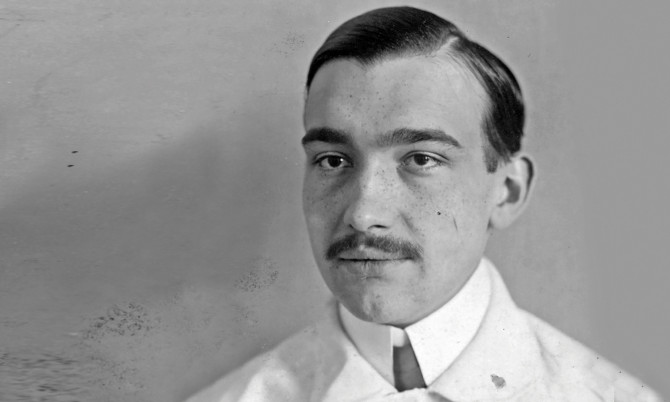
This collection of stories was written between 1905 and 1912 and explores some of the darkest sides of human life.
The author, Géza Csáth, was born in Hungary at the end of the 19th century. Amongst other things, he was a short-story writer with a short life – he died when he was just 31 years old, shortly after the end of the Austro-Hungarian empire and after escaping from a psychiatric hospital.
I’ve read that he had developed an addiction to morphine to deal with his inner torments but I also read that he had been misdiagnosed with tuberculosis, for which opium-based treatment was proposed. However, I also learned that, as a neurologist, he became interested in the effects of narcotics on the mind so that’s why he started experimenting with morphine.
Regardless of the reason he had started, his addiction had taken over his life. In fact, Csáth took his own life, after having killed his wife.

The stories of this book tend to start with a calm and reassuring atmosphere in apparently ordinary lives of their protagonist. Then some sort of horror happens, like children torturing animals, killing their mothers or hanging their playmates with lucid cruelty. They reminded me a bit of the feeling I had when I was watching the episodes of the series “Criminal Minds“, which I used to love many years ago. Obviously with the relevant differences in circumstances, historical period, locations, etc.
These brutally dark stories triggered in me extremely violent emotions, so much so, that at times reading was unbearably painful. After finishing reading most of them, I felt like I needed to make an effort to come back to breathe again.
My favourite story was “Encountering Mother” as I think it’s beautifully written, I found the style so musical I could picture the words dancing. “The Surgeon” was just brilliant with its philosophical insights. “Little Emma” and “Matricide” shared the podium for the most disturbing ones.
Apparently, there’s a Hungarian 2007 film that is loosely based on this book “The Diary of a Madwoman“.
I noticed that it’s quite difficult to find copies of this author’s work, they are mainly available from secondhand sellers and they are not cheap.
In conclusion, it’s because of the uneasiness that this book gave me that I’m rating it no more than three stars. However, Csáth was definitely a skilled writer and he is well worth reading. If you love Edgar Allan Poe or Frank Kafka, you must definitely read Csáth’s work.
If you don’t enjoy being horrified, make sure you keep the light on and that you’re not alone while reading this book.